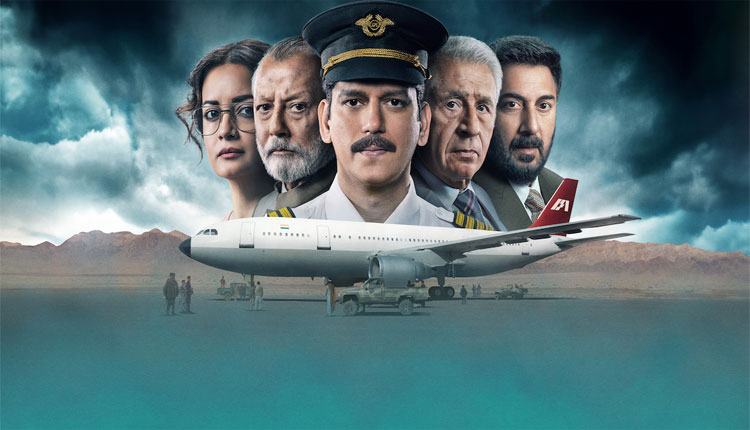New Delhi: The Netflix web series ‘IC 814: The Kandahar Hijack’ is facing a potential ban after a Public Interest Litigation (PIL) was filed in the Delhi High Court. The petition claims that the mini-series, directed by Anubhav Sinha, distorts the real identity of the terrorists involved in the infamous 1999 hijacking of Indian Airlines Flight IC 814, replacing their actual names with Hindu aliases.
The PIL alleges that the series, which recently premiered on the streaming platform, conceals the identities of the terrorists by assigning them non-Muslim names. This move, according to the petitioners, misrepresents the historical facts and misleads viewers about the real nature of the hijacking. The legal challenge marks a growing concern for the makers of the series, as they face mounting pressure from both the public and political figures.
In response to the controversy, the Ministry of Information and Broadcasting has summoned Netflix’s content head for an explanation. Sources suggest that the government will demand clarification not only on the name changes but also on the portrayal of other aspects, including the role of National Security Advisor Ajit Doval, who played a crucial part in the real-life negotiations during the hijacking.
The series has been met with a wave of criticism on social media, where many accuse the creators of whitewashing the identities of the hijackers. Among the critics is Amit Malviya, head of the BJP’s IT cell, who expressed his concerns on platform X (formerly Twitter). Malviya stated that the terrorists behind the IC-814 hijacking were known extremists who adopted false names to conceal their Muslim identity. He accused Anubhav Sinha of legitimising their actions by attributing non-Muslim names to them in the series.
The controversy around ‘IC 814: The Kandahar Hijack’ continues to intensify, with calls for greater accountability in how sensitive historical events are portrayed in popular media. As the Delhi High Court prepares to hear the case, all eyes are on the outcome, which could set a precedent for the portrayal of real-life events and characters in fictionalised narratives.



Comments are closed.